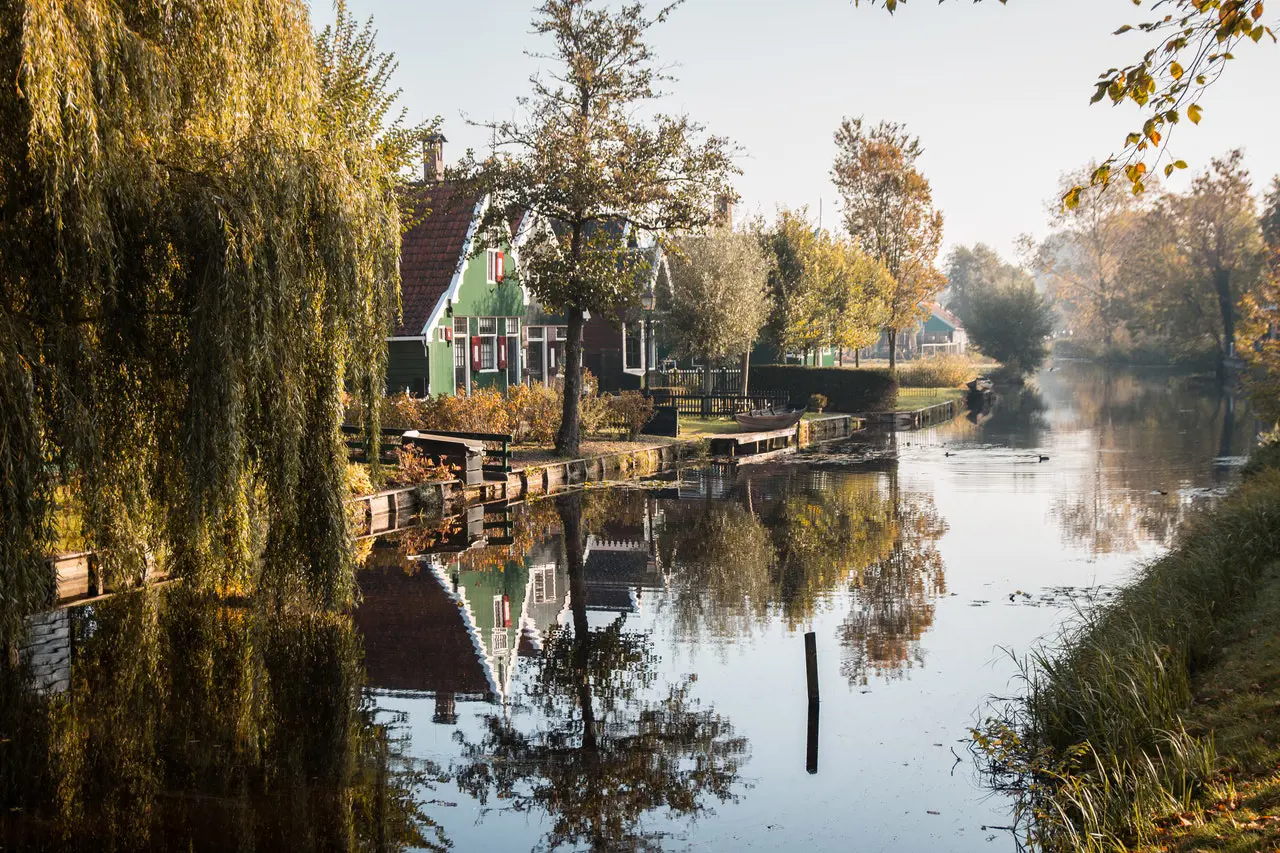Dutch government publishes gambling harm research law
The Dutch government has approved new regulations for the distribution of research into gambling harm, publishing them in its official gazette.

The new rules require that all operators must provide certain data for research purposes, in order to enhance the understanding of harmful gambling.
“In practice, research institutions and the persons employed or associated with them who conduct research into gambling addiction do not always easily obtain the required research data,” it said. “To facilitate this, the law provides that all online license holders are obliged, subject to conditions, to make anonymous data available to research institutions on request for research into gambling addiction."
It makes clear that licensees must “systematically register and analyse data” related to player behaviour, and make an anonymised version of this data available to research institutions if requested.
Data that should be provided should include “internal and external signals pointing to excessive participation in licensed games of chance or risks of gambling addiction”, “interventions and the player's response to them”, login frequency, frequency of play, player age if they are under 24 and transaction history.
“This data is important for scientific research and the development of new scientific insights into problematic gaming behaviour, and the development of intervention methods tailored to the player to prevent the development from recreational to problematic gaming behavior as much as possible,” the law says.
In addition, the institution performing the research must inform both the Executive Board and the relevant license holder(s) of the publication of the research.
The research law accompanies the Dutch Remote Gambling Act, which came into effect on 1 April.
the Dutch online gambling market opened on 1 October this year, but immediately faced another interruption when its self-exclusion system, Cruks, experienced a technical fault. The market then officially opened on 5 October.
A number of operators have opted to block Dutch customers until they receive an online gaming licence from the KSA, after the Dutch government announced a change in enforcement policy. These include Kindred, which said it will block Dutch customers until it receives a licence, which it expects to be in Q2 2022, and Entain, which expects to submit a licence application by the end of 2021.
Other operators to do so include Betsson and LeoVegas.
Earlier today (9 December), regulator de Kansspelautoriteit (KSA) has sanctioned a licensed operator that had placed an ad the KSA said was “misleading”, as it was not clearly labelled as gambling marketing.